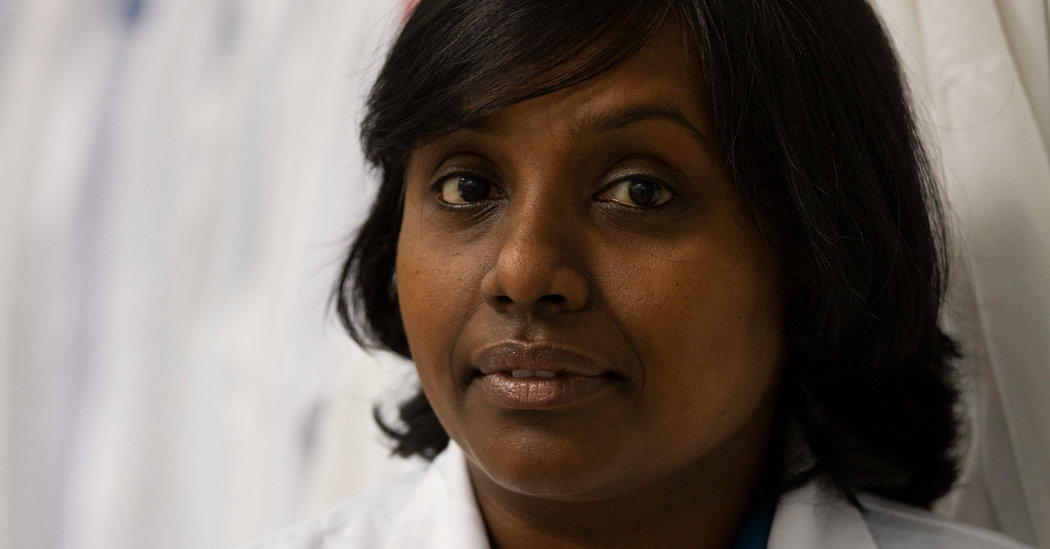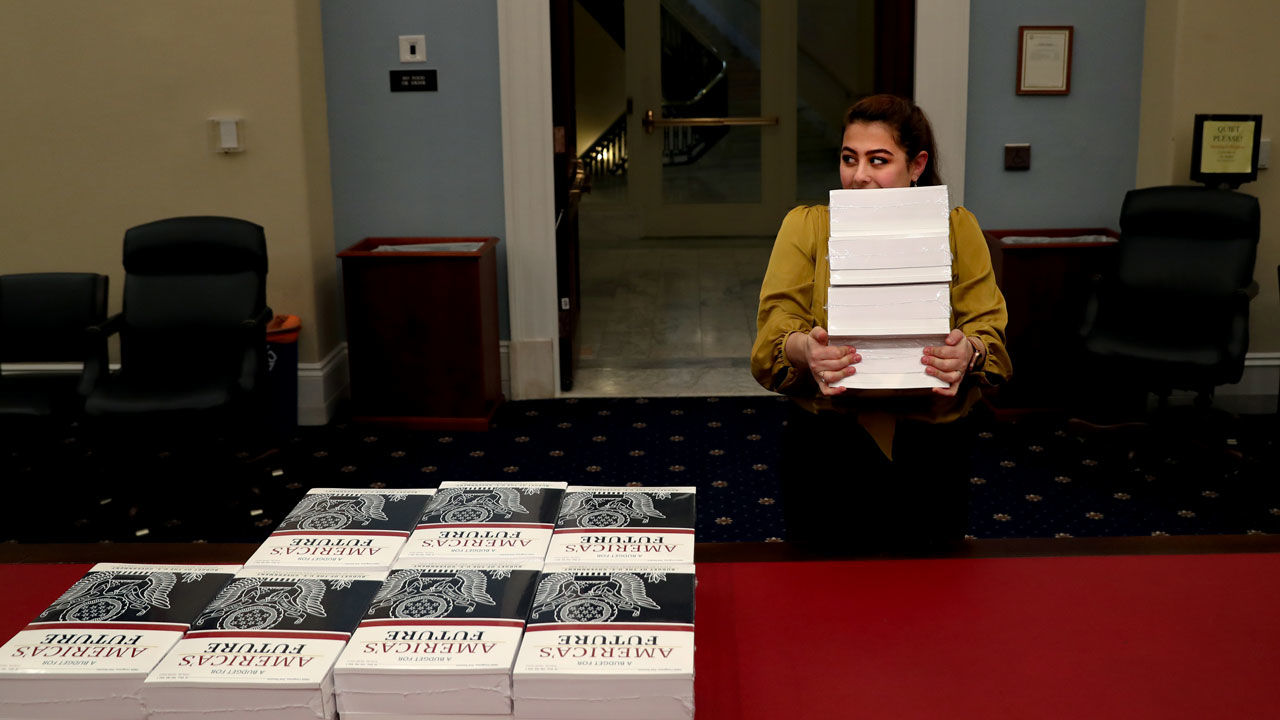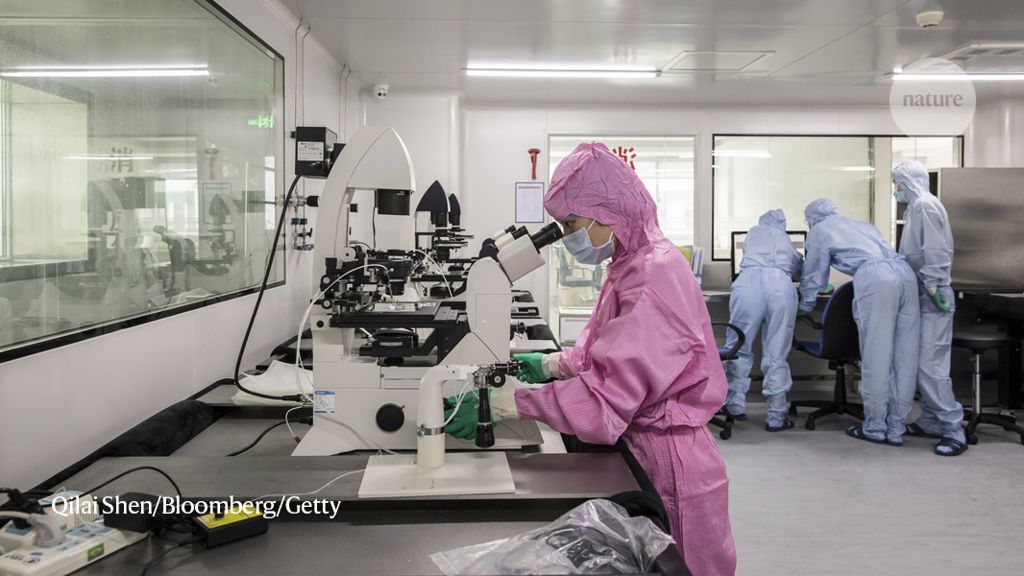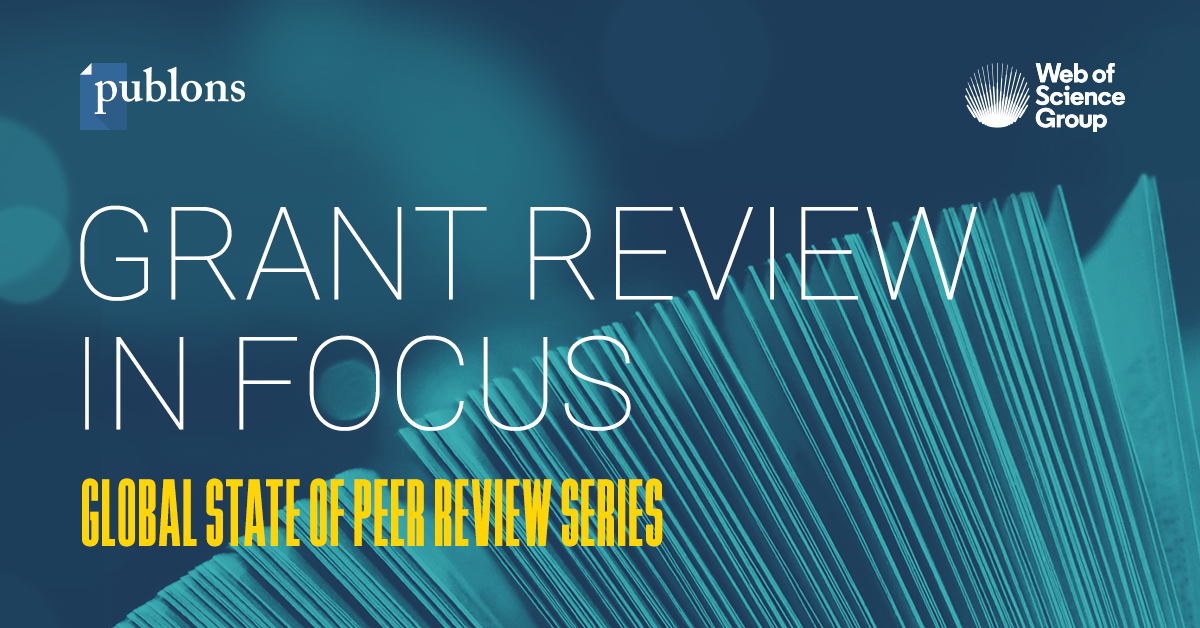They Wanted Research Funding, So They Entered the Lottery
A survey of New Zealand scientists found that recipients of a randomized funding program favored random allocations of some kinds of grant money.

Send us a link
A survey of New Zealand scientists found that recipients of a randomized funding program favored random allocations of some kinds of grant money.

Emmanuel Macron has urged EU member states to put more money into the collective Brussels pot so Europe can invest in key technologies of the future. The French president said he is "not frustrated but impatient" for the EU to take on bigger projects.

White House proposes big cuts to NIH, DOE, NASA and other programs

This article elaborates on the role of research funding organizations in developing a FAIR funding model to support the FAIR research data management in the funding cycle.

Up to £200,000 per society available for flagging important biomedical research outputs.

The United States is no longer the 'uncontested leader' in science globally, the National Science Foundation says.

How will climate change shape the Earth's surface? What are the long-term health effects of food additives? How can online tools change political advocacy and what does this mean for democracy? These are just some of the questions that researchers from around Europe have proposed to explore, and will now be able to, thanks to newly-awarded EU funding.

A growing number of research agencies are assigning money randomly. The Swiss National Science Foundation is the latest funder to experiment with random selection.

Predict, a government research program, sought to identify animal viruses that might infect humans and to head off new pandemics. Now the program has been cancelled.

Background Core outcome sets (COS) have the potential to reduce waste in research by improving the consistency of outcomes measured in trials of the same health condition. However, this reduction in waste will only be realised through the uptake of COS by clinical trialists. Without uptake, the continued development of COS that are not implemented may add to waste in research. Funders of clinical trials have the potential to have an impact on COS uptake by recommending their use to those applying for funding. The aim of our study was to assess the extent to which applicants followed the National Institute for Health Research Health Technology Assessment (NIHR HTA) programme's recommendation to search for a COS to include in their clinical trial. Methods and findings We examined the outcomes section and detailed project descriptions of all 95 researcher-led primary research applications submitted to the NIHR HTA between January 2012, when the recommendation to search for a COS was included in the guidance for applicants, and December 2015 for evidence that a search for a COS had taken place and rationale for outcome choice in the absence of COS. A survey of applicants was conducted to further explore their use of COS and choice of outcomes with a response rate of 49%. Nine out of 95 applicants (10%) stated in their application that they had searched the COMET (Core Outcome Measures for Effectiveness Trials) Initiative database for a COS and another nine referred to searching for a COS using another method, e.g. a review of the literature. Of the 77 (81%) applicants that did not mention COMET or COS in their application, eight stated in the survey that they had searched the COMET database and ten carried out a search using another method. Some applicants who did not search for a COS gave reasons for their choice of outcomes including taking advice from patients and the public and choosing outcomes used in previous trials. Conclusion A funding body can have an impact on COS uptake by encouraging trialists to search for a COS. Funders could take further steps by putting processes in place to prompt applicants to be explicit about searching for COS in their application and notifying the funding board if a search has not taken place. The sources of information used by trialists to make decisions about outcomes in the absence of COS may suggest methods of dissemination for COS.
A recent study finds a strong correlation between university revenues and their volume of publications and (field-normalized) citations. These results demonstrate empirically that international rankings are by and large richness measures and, therefore, can be interpreted only by introducing a measure of resources.
The UK's share of EU research funding has fallen dramatically because of Brexit uncertainty, with the country's take home from the EU Horizon 2020 programme cut by almost €500 million since 2015, according an analysis by the Royal Society.

Peer review process helps funders make decisions, but researchers say it is lacks transparency and takes up too much of their time.

A Publons study aiming to bridge the gap in data and insights into the peer review of research funding and grant applications.

A new report summarises the results of a survey of European research funders on Open Access and Research Data policies, commissioned by SPARC Europe.
The pursuit of money from wealthy donors distorts the research process-and yields flashy projects that don't help and don't work.

Many of the deadliest or most common cancers get the least amount of nonprofit research funding, according to a new Northwestern Medicine study that examined cancer research funding from nonprofit organizations.

The switch to double-blind peer review will affect roughly 650 scientists working on projects worth an estimated US$55 million.

The Chan Zuckerberg Initiative will soon invite applications for open source software projects that are essential to biomedical research. Applicants can request funding between $50k and $250k for one year.

The country's major funding agency says the tool reduces the time it takes to find referees.

Can word patterns from grant abstracts predict National Science Foundation (NSF) funding? The data describe a clear relationship between word patterns and funding magnitude: Grant abstracts that are longer than the average abstract, contain fewer common words, and are written with more verbal certainty receive more money.
Libraries and funding agencies are finally flexing their muscles against journal paywalls. Authors should follow suit.
